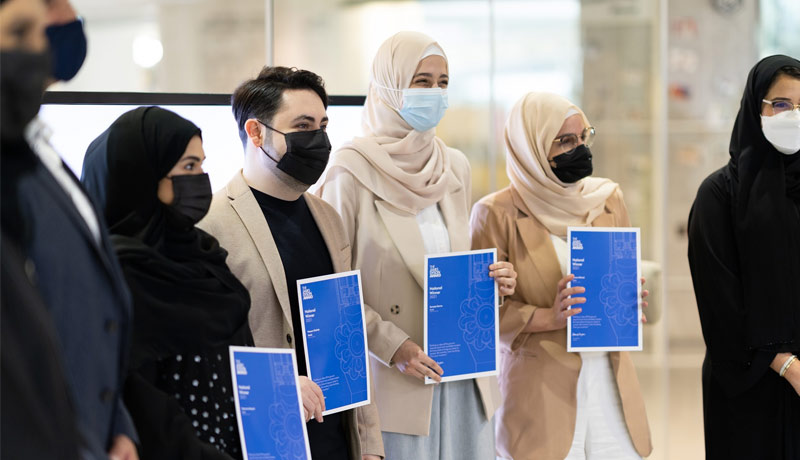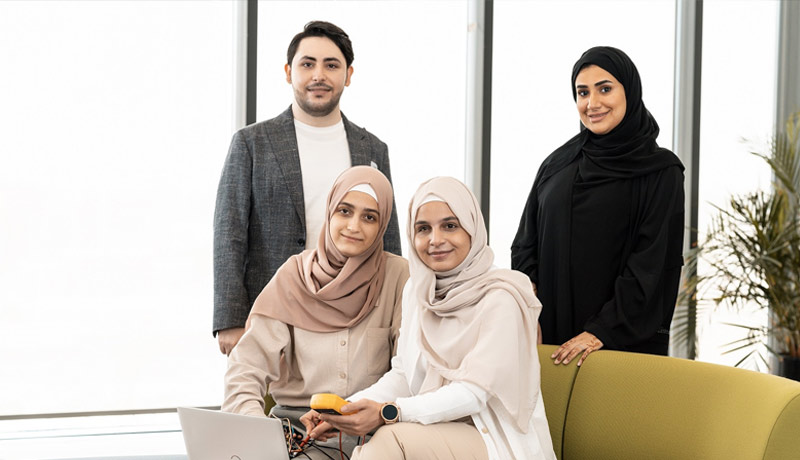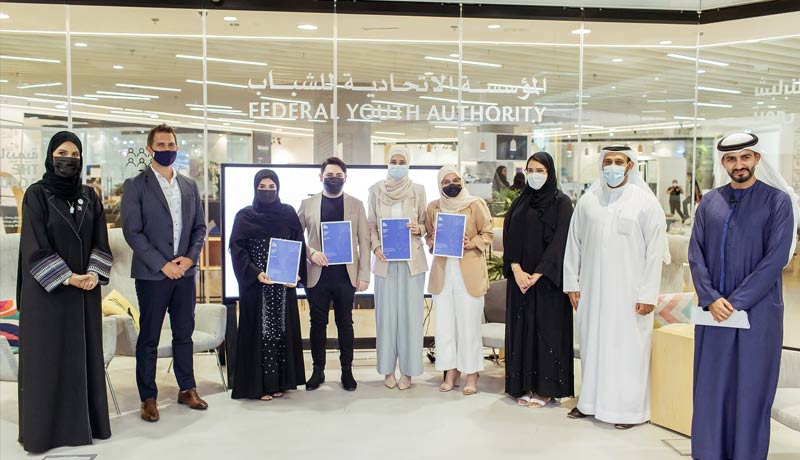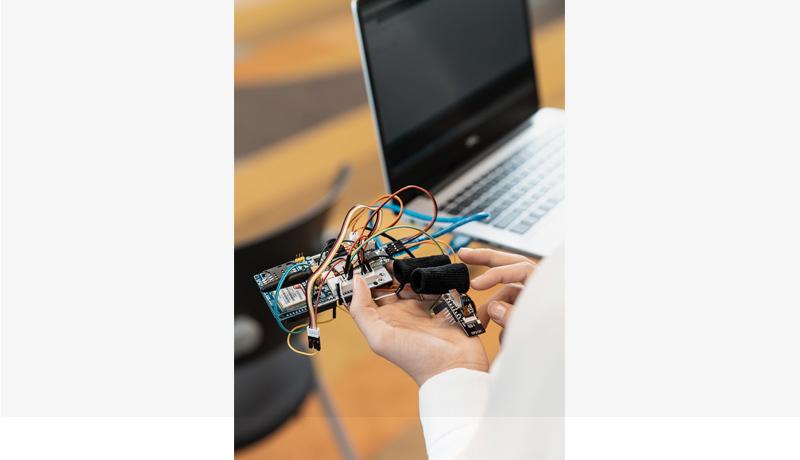
The smart shield to detect child abuse has won James Dyson Award 2021. The Shield device, a smart, wearable system that detects when a child is physically or emotionally abused and automatically warns their guardians, is this year’s national James Dyson Award winner in the UAE. With bullying, including cyberbullying, on the rise and one out of every ten children sexually molested before reaching 18, the need for preventative measures has never been greater, especially when the consequences of child abuse can be long-term and have an impact on the victim’s mental health.

The shield is made up of three primary elements: a smartwatch, galvanic skin response (GSR) sensors, and software, and was created by a five-person team from Ajman University. The technology raises an alert while simultaneously capturing an image of the assailant, using GPS and Bluetooth features present in ordinary smartwatches. It then instantly sends the image, along with the child’s GPS location, to the guardians’ mobile device.
Dr. Eng. Suaad Al Shamsi, one of the judges for the competition in the UAE, said, “The winning team demonstrated impressive creativity and dedication in the way they approached and designed a solution to a prevalent problem. The invention uses existing technology to detect and deter abuse while also providing an opportunity for a quick response from caregivers when required. It delivers an effective tool for parents across the globe looking to better protect their children and ensure their safety, wellbeing, and happiness.”
The heart rate, temperature, and skin conductance of a person enduring traumatizing abuse are all taken into account in this invention. Unlike other gadgets on the market that focus on collecting forensic evidence and identifying the abuser, shield is a simple yet clever solution that can discreetly safeguard the wearer. The shield was created to prevent child abuse and is designed to be an access device that can be worn discreetly by a child on a daily basis.

The shield is the brainchild of Ajman University students Shamma Alaryani, Somaya Samra, Wessam Shehieb, Marwa Alshouli, and Bashayer Alasfour. When the innovators realized how vital it is to raise awareness about this subject, they were encouraged to enter the competition.
“We all firmly believe in using our education to make a real difference in the lives of others. When we were looking for impactful ideas, we couldn’t help but notice the amount of news related to child abuse and kept thinking, what if this was a relative. The idea of protecting the ones I love motivated me to push past taboos and design a solution that safeguards children and feels comfortable to talk about it,” said inventor Shamma Alaryani.

In addition to the topic’s public sensitivity, the group had difficulty collaborating due to pandemic-related limitations. They had to work around lockdown and travel constraints in addition to the usual problems that designers experience while prototyping, such as revising designs to fit within industry-standard components. This was made more difficult when some of the students relocated to different Emirates, and discontent with remote learning grew as several courses failed, forcing the team to develop from scratch.
For inventor Marwa Alshouli, working on this project has helped her fine-tune her critical thinking skills. “Engineering often involves looking into a problem and finding a practical solution. We had several challenges during the development of shield, but we learned a lot about ideation and problem solving. It has also been a trying process to realise how many prototypes you need to create before you’re able to get a working solution.”
The Shield system will get AED 10,000 if it wins the national leg of the James Dyson Award, allowing the creators to fine-tune the sensors and redesign the device to be as inconspicuous as possible. The ultimate goal is to create a system that is user-friendly.
“We began working on the system in September 2020 and spent an average of five hours a day researching and prototyping, as we progressively improved the design and weight with each version. Soon we hope to implement AI and deep learning to the software which will increase accuracy and responsiveness,” said fellow inventor Somaya Samra.
The shield, together with runners-up AgriDrone and Ultra SolarStill, will advance to the James Dyson Award’s international stage. The international shortlist will be revealed on October 13th, and the international winners will be revealed on November 17th.